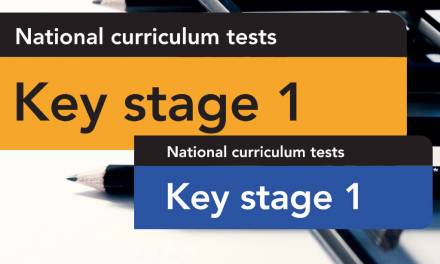With GCSEs returning for the first time in three years, student revision must be done correctly, so how can this be done? Look at these 4 great tips.
The Guardian recently released a story highlighting how in the UK “close to 2 million teenagers will be gearing up for their exams”. It suggested how students should start revising over Easter to get ahead and avoid stress before exams start.
So, here are 4 tips that could help with revision over Easter and beyond:
1. Set goals for your revision
Setting goals and objectives during your revision can be extremely beneficial. According to a study:
“Setting goals are linked with higher motivation, self-esteem, self-confidence, and autonomy (Locke & Latham, 2006), and research has established a strong connection between goal-setting and success (Matthews, 2015).”
Expanding further on this, setting goals administers a driven focus for students which can ensure time spent during revision isn’t wasted.
Furthermore, by setting revision goals you can evaluate your current workflow and change it accordingly to help you meet the specific goals that you set.
2. Take breaks for mental health and academic progression
Student mental health has become an enormous issue in previous years and exam season inflicts an incredible amount of stress on teenagers. That’s why it’s vital to take breaks from revision. According to a study:
“By administrating a brief, 6–7‐min relaxation technique or physical activity, the decrease of fatigue can be enhanced beyond the level of a normal rest break, with concomitant increases in vigour and thus potentially work engagement and productivity.”
Taking regular breaks from revision can replenish and rejuvenate students’ motivation to continue with their studies and reach their certain goals. Additionally, mental health can be supported by allowing relaxation for a short period which subsequently improves learning capabilities.
3. Complete practice papers and do online courses
Have you heard the expression “practice makes perfect”? It has been proven time and time again to be true and concerning GCSE revision it’s no different. According to a study comparing students who did practice papers and those who didn’t:
“Students using the practice test as a revision aide scored an average of 9.28% more in the examination that those who did not use the test.”
It is evident that constantly practising with past papers will provide immense benefits for academic progression. Additionally, if online practice papers are completed, progress can be tracked and even instant feedback can generate a quicker analysis of revision.
4. Put a structured revision schedule in place
Organising a focused revision schedule enables a clear focus for students during their revision.
“Research has shown that you gain more benefit from studying a topic if you break that study over a period of time rather than cramming it all into the same amount of time in one go.”
Once a schedule is in place students can identify areas for improvement and tackle them strategically. Gap analysis is a fantastic model that helps students identify certain attainment scores that need to be met so that they can progress.
Some students may struggle with their revision, but they will get support inside their school. What about those students who struggle to access mainstream education? How are they getting support with their revision?
EDClass can help with revision for students learning at home
EDClass prioritises online safeguarding of students allowing them to learn comfortably and at their own pace.
Continuous assessment is provided throughout teaching and learning and instant feedback is supplied to students so revision is tracked and seamless.
The platform also includes over 17,000 integrated lessons and 2,000 video lessons are available on EDClass TV covering the 2022 GCSE exam topics.
If you would like some more information on how EDClass can help then please call 01909 568 338, send an email to mail@edclass.com or book a free online demonstration here.










